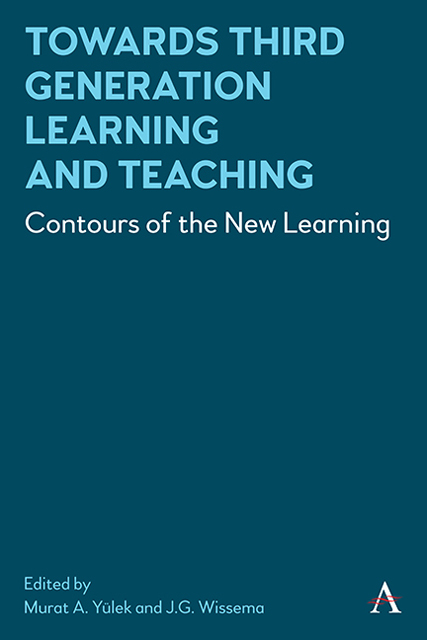Chapter 14 - Learning in the Industrial University
Published online by Cambridge University Press: 10 January 2023
Summary
Introduction
Manufacturing is the engine of economic growth and development (Kaldor 1966, 309–319; Szirmai 2013, 53–75; Yulek 2018), which critically supports development. The close association between manufacturing and growth is well documented. The university has a high potential to support industrial development. Research indicates a positive relationship between universities and growth (Valero and Van Reenen 2019, 53–67). Yet, whether the university functions as an efficient organization in converting public and private resources granted to it into satisfactory outcomes for society remains an important question.
The university trains its students for the labor market. However, it is no longer the only social institution providing educational services, and university enrollment rates are weakening in some countries. Many competing formal and informal education services are provided by, among other things, on-the-job-learning (or, learning-by-doing) at industrial and non-industrial firms, banks, professional and vocational training institutions, research institutions or public administrations—all of which provide educational services covering the same or similar sets of knowledge. Recently, the exponential growth in university diplomas similar to the high-school diploma explosion in the 1950s and 1960s in the USA and 1980s in Turkey has degraded the value of university diploma. Online university diplomas have also been adding to diploma explosion. It is another reason why university enrollment rates fall in the USA (Nadvorny 2019) and slowing down in Europe (Teichler and Bürger 2015).
The university cannot be indifferent to how it can serve society better in education and development. The university ecosystem has been changing slowly from the so-called 1GU of the medieval times, to the 2GU and then to the 3GU (Wissema 2009; Lukovics and Zuti 2017). The way teaching and research are conducted in the universities and propagated to society is still evolving. Nevertheless, most world universities today are still 2GUs, while even the general 3GU framework does not adequately address the ever-changing dynamics of development in an age of rapid transformations.
This chapter postulates learning in the industrial university in response to the emerging challenges and posits a new sub-type—the IndU—to respond to specific new challenges in the education and research functions of the university.
- Type
- Chapter
- Information
- Towards Third Generation Learning and TeachingContours of the New Learning, pp. 209 - 222Publisher: Anthem PressPrint publication year: 2022



